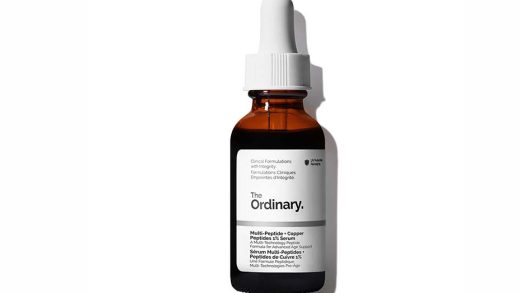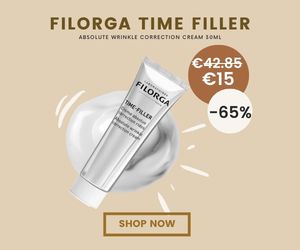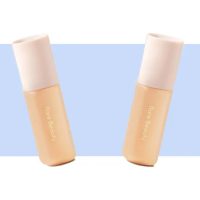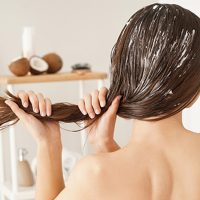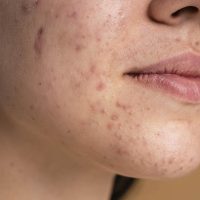Microplastics and plastic microbeads have become a growing concern in the beauty and personal care industry. These tiny particles are usually less than 5 mm in diameter and are found in a variety of cosmetic products such as facial scrubs, body washes and toothpaste. However, due to their adverse effects on the environment and human health, efforts have been made to phase out the use of plastic microbeads. Let’s dive into the reasons for using them, the need to ban them, and the alternatives available.
Unleash Your Adventure with Columbia Sportswear
– Where Style Meets Performance!
Elevate Your Outdoor Experience with Our Premium Gear – Explore, Conquer. and Look Good Doing It. Embrace the Elements in Columbia's Cutting-Edge Designs. Gear Up for Greatness, Unleash Your Inner Explorer!
Find your gearWhat are Microplastics and Plastic Microbeads?
Microplastics are small particles of plastic that either come from fragments of larger plastic that have broken down or have been intentionally manufactured for a specific purpose. Microbeads are microplastics, usually spherical, that are added to personal care products as exfoliants or abrasives.
Why are plastic microbeads used in cosmetics?

Plastic microbeads are favored by cosmetics manufacturers for their abrasive properties, which make them effective exfoliants. These tiny particles are thought to help remove dead skin cells and leave skin feeling smooth. They are inexpensive to produce and provide consistent texture in cosmetic formulations.
Why ban plastic microbeads?
The use of plastic microbeads in personal care products can have serious environmental impacts. These particles are too small to be effectively filtered out by wastewater treatment plants, causing them to be released into water bodies such as rivers, lakes and oceans. Once in the environment, they are ingested by marine organisms and enter the food chain, posing a threat to aquatic life and human health. The accumulation of microplastics in water bodies can cause pollution and damage fragile ecosystems.
Are plastic microbeads still used in personal care products?

Many countries have enacted regulations to ban or restrict the use of plastic microbeads in personal care products. As a result, many manufacturers are phasing out the use of plastic microbeads either voluntarily or in compliance with these regulations. It’s important to check product labels or choose brands that explicitly state that their products are microbead-free to ensure you’re making an environmentally conscious choice.
What are the options? Are they sustainable?

Thankfully, there are sustainable alternatives to plastic microbeads that offer similar exfoliation benefits. Natural exfoliants like almonds, oatmeal, coffee grounds, and sugar are often used as substitutes. These biodegradable options come from renewable resources and are less harmful to the environment. Mechanical exfoliation methods including brushes, washcloths, or loofahs can also be used to achieve similar results without relying on plastic particles.
Phasing out plastic microbeads in personal care products is a positive step towards reducing plastic pollution and protecting our ecosystems. By choosing microbead-free products or choosing natural and sustainable alternatives, we can contribute to protecting our environment and promote more responsible personal care practices.
